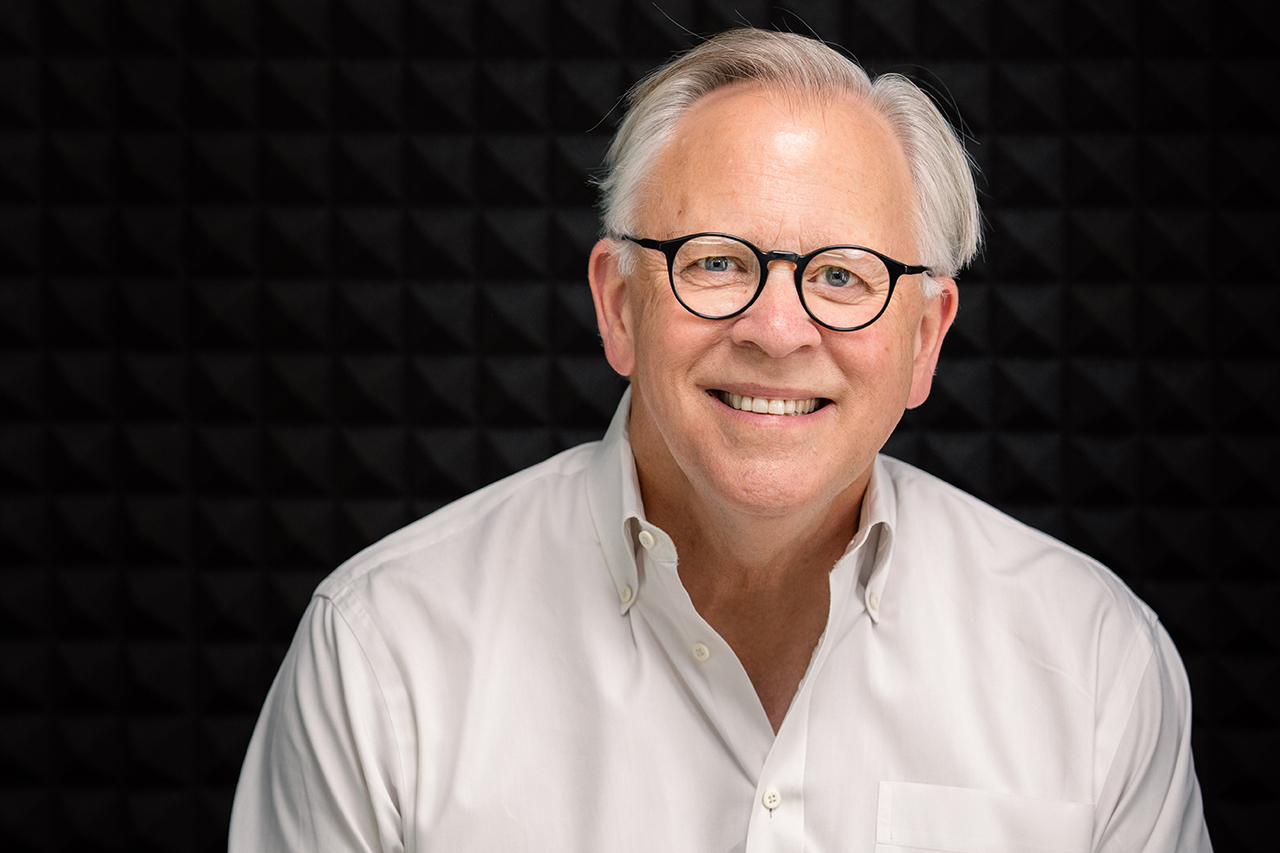+ Dr. Mark Labberton introduces Micah and considers how God’s instructions for how we should live also become a source of our hope.
 Mark Labberton is the Clifford L. Penner Presidential Chair of Fuller Seminary. Prior to becoming the seminary’s fifth president, he served in pastoral roles for 30 years. An author and popular speaker at churches, conferences, seminaries, and universities, he often reflects on what it means to act biblically in challenging, often divisive, cultural times.
Mark Labberton is the Clifford L. Penner Presidential Chair of Fuller Seminary. Prior to becoming the seminary’s fifth president, he served in pastoral roles for 30 years. An author and popular speaker at churches, conferences, seminaries, and universities, he often reflects on what it means to act biblically in challenging, often divisive, cultural times.

“God wants the people of God to reflect God’s own character and justice and mercy in the world.” – Mark Labberton
Transcript
I’m Dr. Mark Labberton, and I’m the president here at Fuller Theological Seminary. I have the chance today to take a few minutes to reflect a bit on the Book of Micah.
The Book of Micah is written in the eighth century [BCE]. Its setting is primarily in that context, which means that it’s set in a time when Israel was undergoing an enormous amount of dissonance and pressure internally. Its life and its experience has been assaulted by unexpected burdens of both prophetic voices, some of which will include Micah, and also by experiences of foreign powers, and by a disorientation, really, in their experience of God.
Part of the reason why Micah is such a powerful book is because of a set of verses that many who are listening to this might already know. I wanna start there and then work backwards to understand why these verses are so important. Comes in chapter six of Micah where we read this:
“With what, then, shall I come before the Lord and bow myself before God on high? Shall I come before him with burnt offerings, with calves a year old? Will the Lord be pleased with thousands of rams, with ten thousands of rivers of oil? Shall I give my firstborn for my transgression, the fruit of my body for the sin of my soul? He has told you, oh mortal, what is good. And what does the Lord require of you but to do justice and to love kindness and to walk humbly with your God?”
That part of the Book of Micah is not only probably the set of verses that are the most frequently quoted, but in some ways, they are some of the most powerful words of hope in the whole book. Again and again through the Book of Micah, God, through his prophets, speaks these words of extreme accountability, disappointment, lament, judgment. It is a harsh book. And it’s a harsh book because of the dissonance that exists between what Israel professes and what Israel does. God wants the people of God to reflect God’s own character and justice and mercy in the world. But what has happened is that through many, many years, Israel has instead accommodated itself to the surrounding nations, accommodated itself to its own appetites, betrayed its own hypocrisy and worship by claiming to worship a God who wants righteousness and justice, but then abuses people in their household—often the poor, often people that are at the margins of culture in society, the people who are seen by others as people who are less-than or worth less than the Israelites considered themselves.
And that theme is such a heavy theme throughout the Major and Minor Prophets. But here in this particular book, in the Book of Micah, those notes are sounded again and again and again. Really, frankly, in the book, there is tremendous judgment, tremendous sense of accountability, and at times a sense of lost hope, until you come, really, to this particular section of chapter six, where the total corruption of the people is already at hand, and now God says: And this is what I want you to do. It’s not really about all these super dramatic acts of worship, which are given here as things like burnt offerings, or thousands of rams, or thousands of rivers of oil, or even offering up your own firstborn child. It’s actually about something much more plain and fundamental than any of those things. “It’s this, oh mortal; that we should do what is good, that we should do what the Lord requires of us, and that is to do justice, to love kindness, and to walk humbly with our God.”
Those three words—justice, kindness, and to walk humbly with our God—those are really the instructions that are the seedbed of hope that lies at the very core of the Book of Micah. This is really what God wants. It’s not complicated. it’s not overly wrought. It is completely undoing of any, ultimately, self-interested way of defining the world or tribalistic way of understanding the world. It’s actually about what God wants that represents God’s own character. So we should do what is good, and what is good is defined as doing justice, loving mercy, and walking humbly with God. Those simple instructions. Are we prepared to let our life be fundamentally re-ordered by that instruction? That was the challenge of the Book of Micah in the eighth century, and I think it’s still our challenge today.
